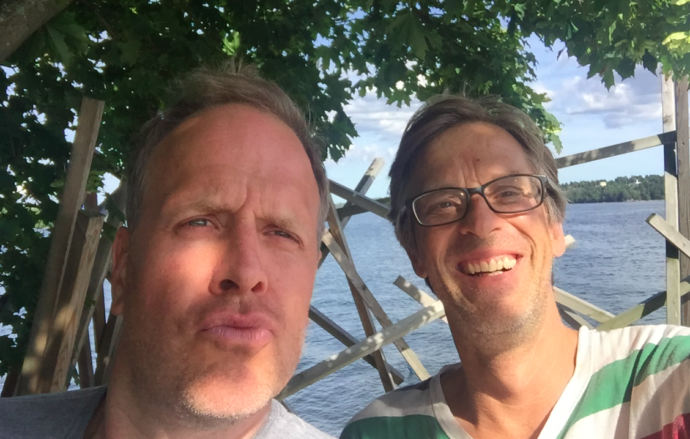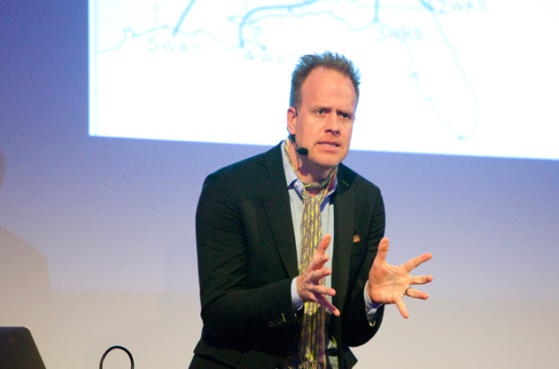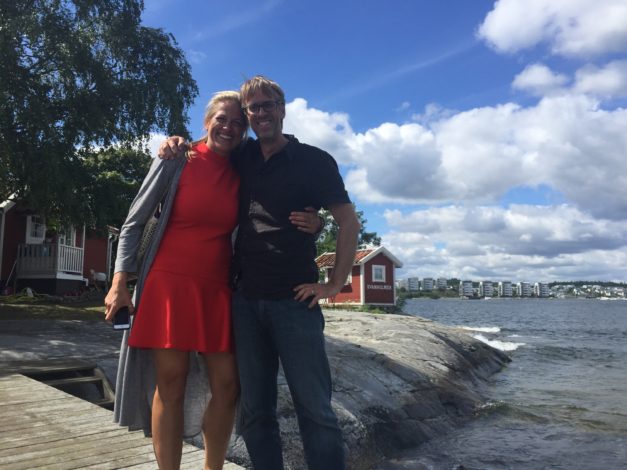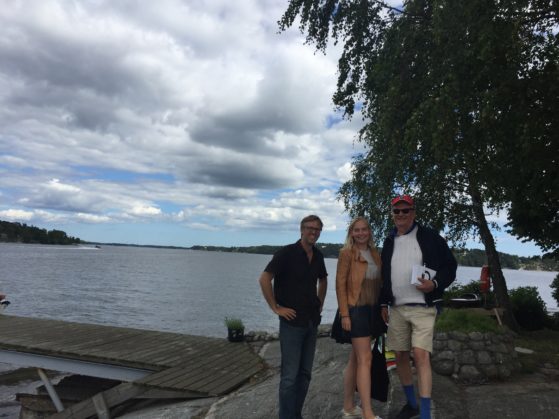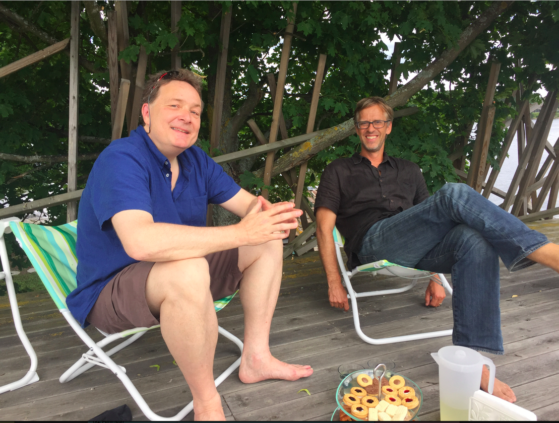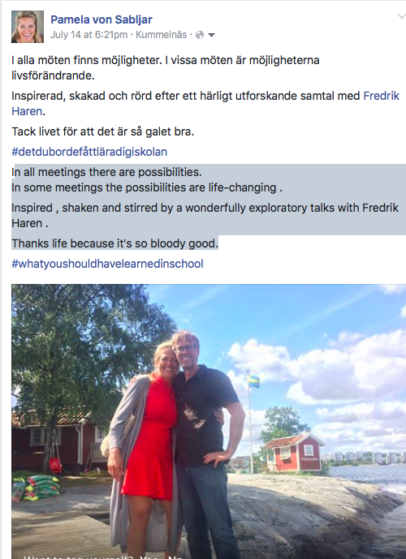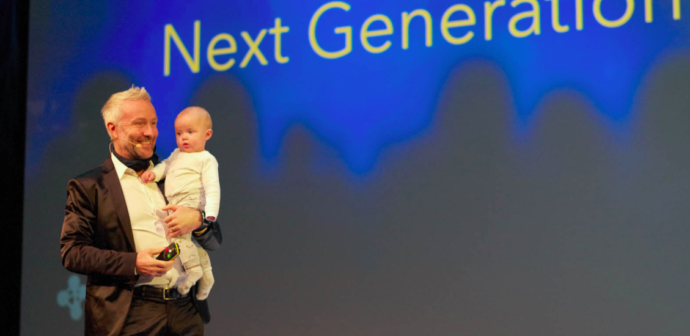
(Stockholm, Sweden)
There are many “Superstars” in the world of professional speaking, and I have meet quite a few of them and learnt a lot from them – but today I met something even more impressive. Today I met with Ola Ahlvarsson, a man who is not just a superstar – he is a “Superman”- and he told me about his approach to moderating which I found very interesting.
But before I tell you about that, let me tell you about Ola.
Ola is one of Sweden’s most popular international speakers and moderator. He has been chosen to host and lead discussions in some of the world’s most prestigious events, amongst them at the World Economic Forum, DLD in Munich, World Knowledge Forum in Seoul and Le Web in Paris.
But he is so much more than that.:
Ola has been working with and managing leading internet ventures ever since the early days with Spray, Boxman, Blocket, and many more. As a specialist on innovation and internationalization Ola has been advisor to world leading organizations like Google, Ericsson, Samsung, Microsoft, and many more.
Being the founder of over 20 companies, his current portfolio exists of companies like: international expansion and innovations advisors Result, Star Stable, the world’s largest game for girls passionate for horses, Sellbranch, a leading Nordic advertising technology agency (managing Twitter and Yahoo in Scandinavia), and Epicenter, a 30 000 m2 innovation house. In addition he holds a portfolio of angel investments select range of companies from psychology clinics to castles.
Ola has a unique background in martial arts with a World Championship and European Championship gold in Goju Ryu Karate, a bronze in Taekwondo World Championships and a World Championship in Kick-Boxing.
A speaker and moderator yes, but also – at the same time – a business man, an advisor, an entrepreneur, an events organiser, an athlete, a founder of social enterprises, a super networker – and an active dad.
You now understand why I call him a Superman? 🙂 (And that was an abbreviated version of his CV… you can read more about him at www.olaahlvarsson.com.)
Today I had lunch with Ola to discuss speaking and moderating. (Ola does more than 100 speeches, presentations and moderations per year.)
Ola is one of the best moderators I have came across, so naturally I asked him what he thought was the secret to being a great moderator.
He said: “To be genuinely interested.”
I hope you see how unique that answer is.
Many moderators look at themselves as being a neutral entity, as someone who should not gett too involved in a panel, but just guide the discussion along.
Ola looks at it differently. He is on stage to learn. He really wants to find out what the panelists know, and he wants to know how that is relevant and useful.
Ola is one of the most curious people I know.
When Ola is on stage the audiences can feel how he wants to learn from the panelists, but it goes deeper than that. Ola sees his job as making everyone in the audience curious on what the panelists have to say, and he wants that so much that he will help the panelists get their message out. (Say, for example, that a panelists said something interesting but in such a way that the audience doesn’t understand how interesting it is, then Ola will repeat the essence of what the panelist said but in a more energetic and fascinating way. He will magnify his panelists message, make them better by helping them shine.)
He is so concerned with creating great panels that he often plays an active part in deciding who the panelists should be.
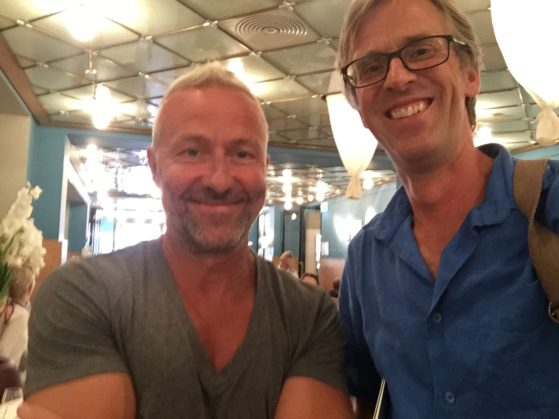
I do not moderate panels, I just give keynote speeches. But I think Ola’s message of “genuinely interested” is applicable for speakers too – especially when it comes to the research phase, when we conduct interviews, collect examples and find new things to talk about.
I was genuinely interested – and fascinated -by the meeting I had with Ola Ahlvarsson today. I left the lunch inspired to want to learn more.
I guess curiosity is contagious.
